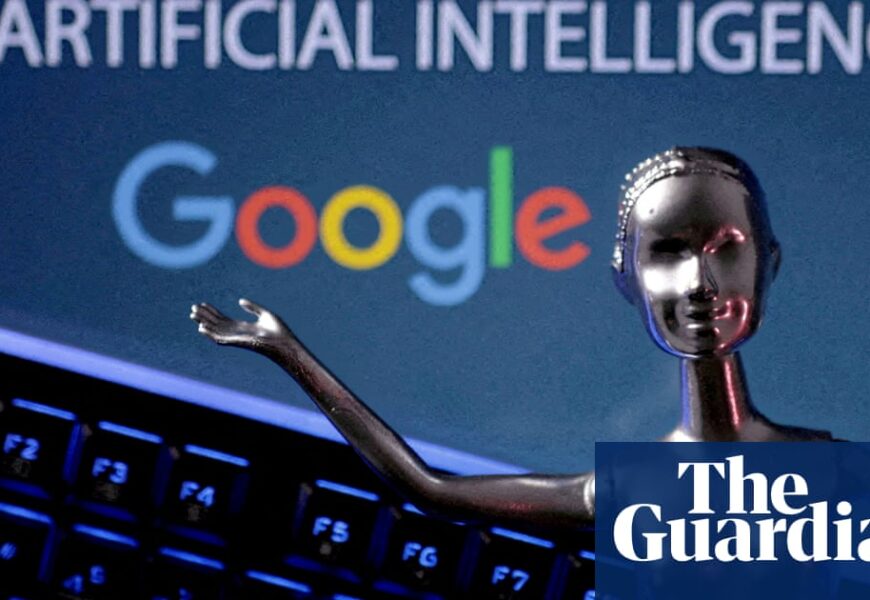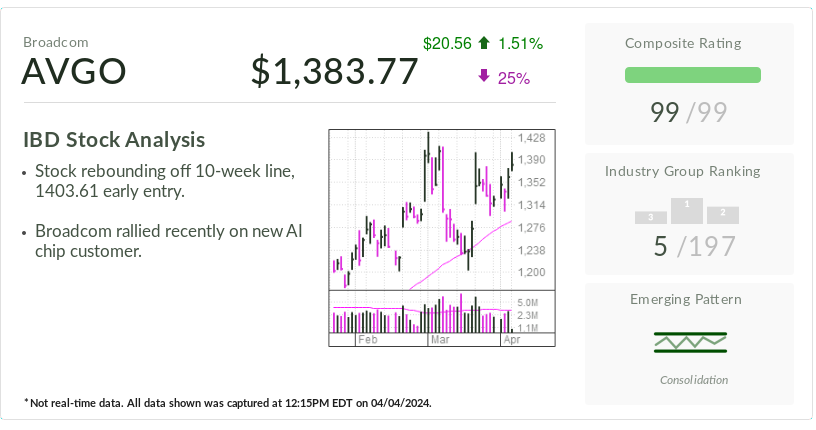When an unstoppable force collides with an immovable object, it creates a scenario that prompts contemplation. The recent revelation that Google is contemplating implementing fees for utilizing its AI-driven search functionalities is indeed surprising. Google garners over half of its revenue from search, a sector that surpasses its other revenue streams by nearly fivefold. This includes revenue from YouTube subscriptions, Pixel phones, Play Store commissions, and Gmail storage, which collectively pale in comparison to the value derived solely from search.
The notion of monetizing this lucrative asset may seem unfeasible. Introducing charges could potentially drive users towards alternative search engines, resulting in a significant loss of user base. Given that Google’s quarterly revenue target stands at a staggering \(48 billion, necessitating an annual subscription fee of \)24 from every individual on the planet, the financial feasibility of such a move appears dubious.
However, the introduction of generative AI introduces a new dynamic to the equation. While users may not be cognizant of the financial implications as they interact with AI-powered platforms like ChatGPT or Claude, the operational costs of running sophisticated language models are substantial. Merely 10% of the investment in AI is allocated to model training, with the bulk of the expenditure directed towards ongoing maintenance. The resource-intensive nature of AI operations is evident when users observe the brief pauses during interactions, signifying the significant computational power dedicated to each query.
In contrast, traditional Google searches yield results almost instantaneously, highlighting a palpable disparity. Scaling up generative AI to the magnitude of Google’s search operations could swiftly deplete the $48 billion revenue stream. Moreover, the nature of generative AI contradicts Google’s advertising model, which relies on displaying sponsored links prominently in search results. Unlike conventional search results that direct users to external web pages, AI-generated responses synthesize information into cohesive articles on the spot, potentially diminishing traffic to publishers’ websites.
This paradigm shift poses a challenge for Google in monetizing AI-generated content effectively. The Financial Times reports that Google is contemplating bundling access to generative AI within its existing subscription model, alongside offerings like the Gemini AI assistant for Gmail and the Docs office suite. This proposed hybrid approach signifies a departure from the traditional free search model while preserving access to the generative AI experience for subscribers.
If this transition materializes, it could level the playing field for AI specialists like Perplexity, Anthropic, and OpenAI, which currently provide free access to basic models with premium tiers for advanced AI capabilities. Additionally, Microsoft, known for subsidizing Bing’s operations despite financial losses, stands to benefit from maintaining competitive pressure on Google in the AI search domain.










